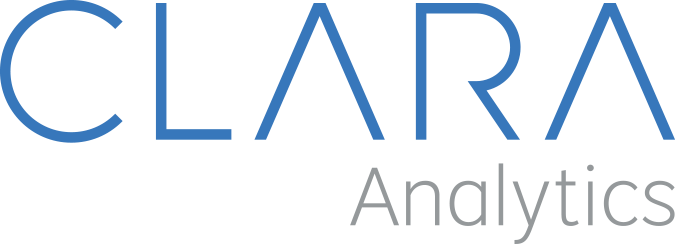Supermarket Slip-and-Fall Claims: How Grocers Can Manage Liability
by Pragatee Dhakal
As first seen in Progressive Grocer
Grocery stores, as essential components of daily life, operate in a fast-paced environment where customer service, food safety, and operational efficiency intersect. This operational landscape renders them susceptible to a wide spectrum of claims, many of which arise from premises liability, product liability, and employment law violations.
In light of increasing litigation, it is imperative that grocery store operators understand and actively manage their exposure.
Premises Liability: Slip, Trip and Fall Claims
Premises liability remains the predominant source of tort claims against grocery stores, with slip-and-fall incidents constituting the majority. These claims generally arise when customers or employees are injured due to hazardous conditions on the premises, such as wet floors, improperly maintained walkways, or inadequate lighting. Under common-law negligence standards, grocery stores owe a duty of care to maintain reasonably safe premises for invitees. Breach of this duty may result in liability if the claimant can demonstrate that the store had actual or constructive notice of the hazardous condition and failed to take timely remedial action.
Risk mitigation strategies include the implementation of documented inspection routines, prompt spill response protocols and the use of conspicuous signage to warn of known hazards.
Foodborne Illness and Contamination
Food safety is a critical concern in grocery operations. Claims related to foodborne illnesses, contamination, or the sale of expired goods can severely damage a store’s reputation and bottom line. If a customer becomes ill from consuming tainted food purchased at a store, the store could face lawsuits and investigations from health departments.
In many cases, the liability may be shared with the manufacturer or distributor, but the store can still be held accountable for failing to store products correctly or failing to remove recalled items. The growing public awareness regarding food safety standards has only increased scrutiny and the risk of such claims.
Product Liability and Mislabeling
Product liability claims often stem from products sold under store-brand labels. If a store-brand food item is defective or causes harm, the store can be directly liable. Mislabeling issues, particularly involving allergens like peanuts or gluten, can have severe consequences for consumers with food sensitivities.
These claims can also intersect with regulatory agencies like the FDA or USDA, leading to additional penalties or recalls. Ensuring accurate labeling and working with trustworthy suppliers are essential to avoid these types of claims.
False Imprisonment and Use of Force in Loss Prevention
Grocery stores may also face claims arising from security and loss prevention practices. When detaining individuals suspected of shoplifting, store personnel must act in strict compliance with applicable state laws regarding merchant’s privilege and reasonable detention. Excessive force or unlawful detention can give rise to tort claims for assault, battery and false imprisonment.
To mitigate such risks, stores should provide thorough training to security staff and establish written policies governing interactions with suspected shoplifters. Use of surveillance, de-escalation techniques, and appropriate coordination with local law enforcement are recommended best practices.
Employment-Related Litigation
Employment claims represent a significant legal risk for grocery chains and independent grocers alike. Common claims include wage and hour violations under the Fair Labor Standards Act (FLSA), allegations of workplace discrimination and harassment under Title VII of the Civil Rights Act, and workers’ compensation claims resulting from workplace injuries.
Given the physically demanding nature of grocery work, stores must maintain Occupational Safety and Health Administration (OSHA) compliance, provide adequate training, and enforce safety protocols to mitigate injury-related claims. Additionally, employers should conduct regular audits of payroll practices, ensure proper classification of employees, and maintain up-to-date employment policies to reduce exposure to class actions and regulatory penalties.




